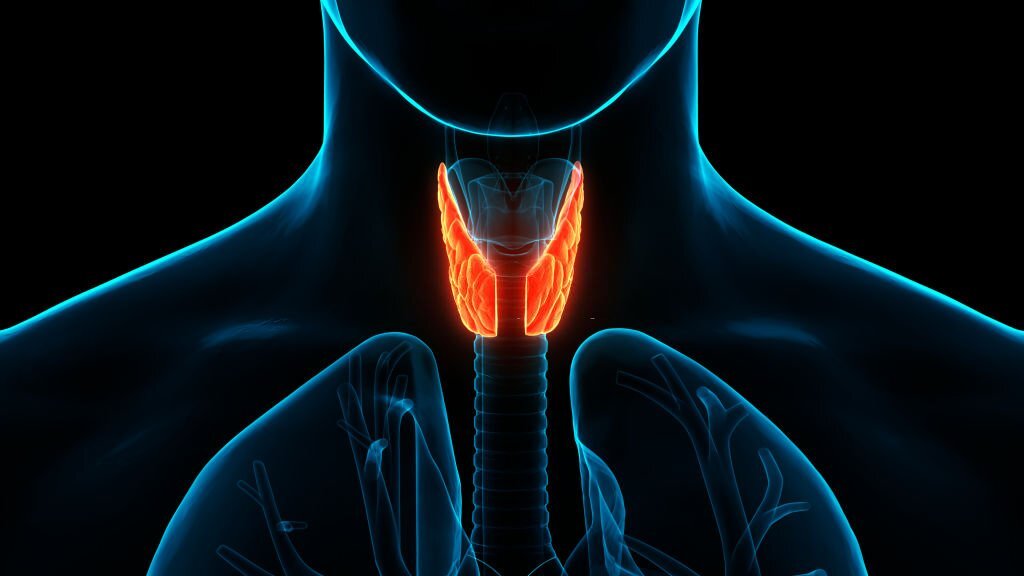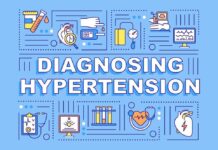Ah, the endocrine system – the unsung hero of our bodies. I’ve spent years, trying to explain to people how crucial it is to keep their hormones in check.
But let me tell you, it’s not easy getting folks to care about something they can’t see or feel. So now, I’ve taken it upon myself to write about this fascinating world of hormones and glands. Buckle up, and let’s dive into the world of your endocrine system!
Meet the Endocrine Orchestra
Imagine your endocrine system as an orchestra, with each gland playing a different instrument.
There’s the pituitary gland, the conductor that keeps everything in tune, and the thyroid, the energetic violinist that sets the pace.
Then there’s the adrenal glands, the powerful timpani players, and the pancreas, the versatile pianist.
And let’s not forget the gonads, the sexy saxophonists that keep things interesting.
1. The Maestro: The Pituitary Gland
Located at the base of your brain, the pituitary gland is the mastermind behind your entire endocrine system. It’s the size of a pea but has the power to control every other gland in your body.
Often referred to as the “master gland,” the pituitary gland regulates other glands and produces a variety of hormones, such as growth hormone (GH), thyroid-stimulating hormone (TSH), and adrenocorticotropic hormone (ACTH).
Fun fact: The pituitary gland is often called the “master gland” because it’s in charge of so many others. But if it’s the master, who’s the apprentice? Well, that would be the hypothalamus, a tiny part of your brain that tells the pituitary gland what to do. Talk about a mind-blowing plot twist!
2. The Energetic Violinist: The Thyroid Gland
Your thyroid is a butterfly-shaped gland in your neck, responsible for controlling your metabolism. It’s like the violinist that sets the tempo of the entire orchestra, making sure everyone stays in sync.
Did you know that the thyroid gland is one of the largest glands in your body?
It might be small compared to, say, your liver, but it’s definitely bigger than your adrenal glands or your pancreas. Size matters, after all!
Hormones: The Musical Notes of Your Endocrine System
Hormones are the chemical messengers that your glands use to communicate. They’re like the musical notes that flow through your body, telling your organs what to do.
1. The Happy Hormone: Serotonin
Serotonin is the “feel-good” hormone. It helps regulate your mood, appetite, and sleep. When you’re feeling down, just remember that it’s not all in your head – it’s in your hormones too!
Fun fact: Serotonin is sometimes called the “happy hormone,” but did you know that over 90% of it is actually found in your gut? That’s right, a happy gut means a happy you!
2. The Stress Hormone: Cortisol
Cortisol is your body’s primary stress hormone. It’s what gives you that adrenaline rush when you’re in a tight spot, and it’s what keeps you awake when you’re worrying about that big presentation tomorrow.
Joke: Why did cortisol cross the road? To get to the adrenal gland, of course!
The Endocrine System’s Greatest Hits
1. Type 2 Diabetes: The Blues
Type 2 diabetes is a chronic condition that affects the way your body processes glucose. It’s like the endocrine system’s blues – when things are out of tune, you just can’t help but feel a little low.
According to the World Health Organization, around 422 million people worldwide have diabetes. In the United States alone, nearly 10.5% of the population has been diagnosed with this condition.
Anecdote: When I was practicing medicine, I’d often tell my patients with diabetes to remember the three Ps: Pee, Pills, and Plates. Keep track of your urination (pee), take your medication (pills), and watch your diet (plates). It’s a simple way to stay on top of your diabetes management!
2. Hypothyroidism: The Slow Waltz
Hypothyroidism is a condition where your thyroid doesn’t produce enough thyroid hormones, causing your metabolism to slow down. It’s like the endocrine system’s slow waltz – everything moves at a sluggish pace.
It’s estimated that approximately 5 out of 100 people in the United States suffer from hypothyroidism. It’s more common in women than men and becomes more prevalent as you age.
Joke: Why did the thyroid gland take up meditation? To find its inner balance!
3. Polycystic Ovary Syndrome (PCOS): The Hormonal Tango
PCOS is a hormonal disorder that affects women of reproductive age. It involves an imbalance of hormones, leading to irregular periods, excess hair growth, and sometimes infertility. It’s like the endocrine system’s hormonal tango – a passionate and complex dance.
PCOS affects approximately 6-12% of women in the United States. While there’s no cure for PCOS, proper management can help alleviate symptoms and improve fertility.
Anecdote: I once had a patient who was so determined to manage her PCOS that she renamed her cat “Insulin” and her dog “Metformin.” Talk about dedication!
Keeping Your Endocrine System in Harmony
Maintaining a healthy endocrine system is essential for your overall well-being. Here are a few tips to keep your hormones in check and your endocrine orchestra playing in perfect harmony:
- Eat a balanced diet: Fill your plate with a colorful array of fruits, vegetables, lean proteins, and whole grains. This will ensure that your body gets all the nutrients it needs to support healthy hormone production.
- Exercise regularly: Aim for at least 150 minutes of moderate-intensity aerobic activity per week, along with muscle-strengthening activities on two or more days per week.
- Get enough sleep: Aim for 7-9 hours of quality sleep each night to help regulate your hormone levels.
- Manage stress: Practice relaxation techniques like meditation, yoga, or deep breathing to help keep stress hormones at bay.
- Stay on top of your health: Regular checkups and screenings can help you catch any endocrine issues early and get the appropriate treatment.
Encore: The Wonders of the Endocrine System
So there you have it – a simple guide on the endocrine system. From the maestro pituitary gland to the powerful adrenal glands, this incredible system keeps our bodies in harmony and our lives in tune. And with a little care and attention, we can ensure that our endocrine orchestra continues to play its beautiful symphony for years to come.
Remember, it’s never too late to start taking care of your endocrine system. After all, as the saying goes, “You’re only as young as your hormones!”






